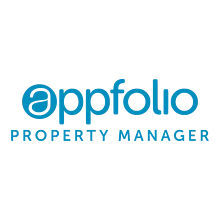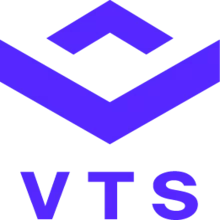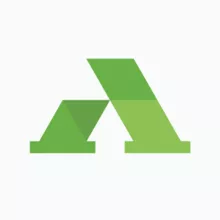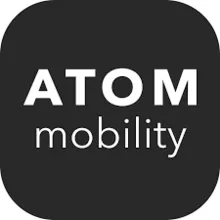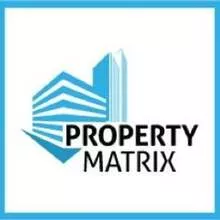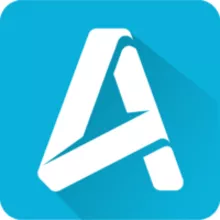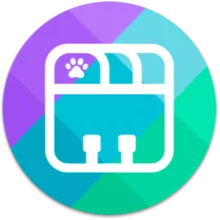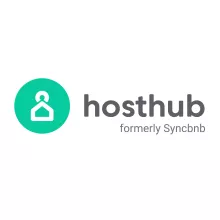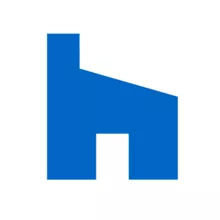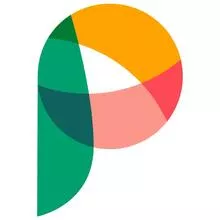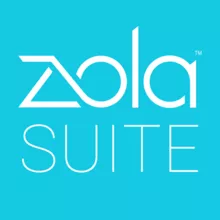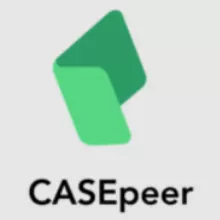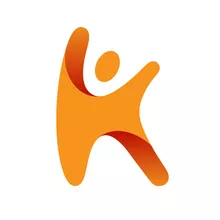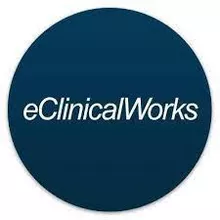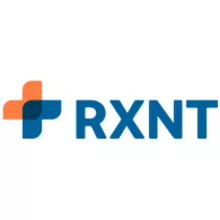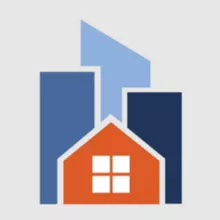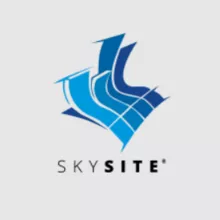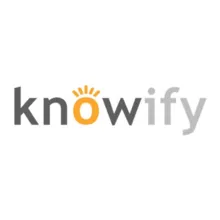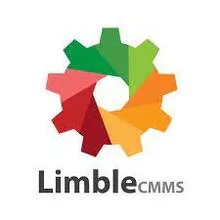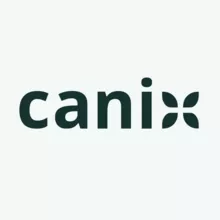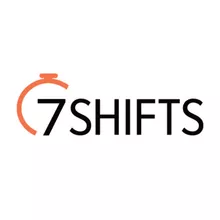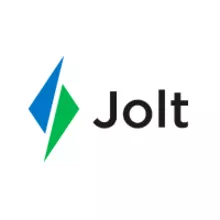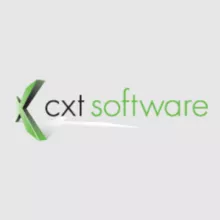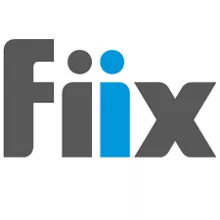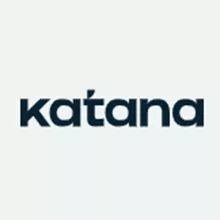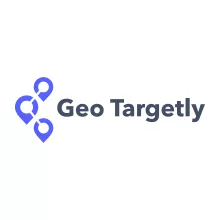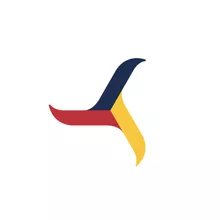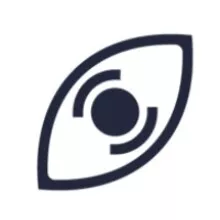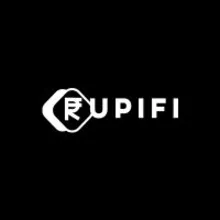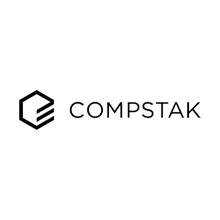Property Management software for portfolios or single properties
The concept of real estate management is not new. Property managers have been managing pertinent data for as long as the rental market has existed. However, as new technology becomes more generally available, real estate management capabilities are improving.
Property managers and tenants are now more connected than ever before, thanks to real estate management software. Because current real estate management software uses the same technology as customer relationship management software, this is the case (CRM). As a result, property managers can now provide their renters with the kind of high-level customer care that is so vital in building long-term business connections with CRM for real estate management.
Types of Real Estate Management software
- CRM for real estate on a desktop:
These are standalone programmes that are only utilized on a laptop or, in some instances, a desktop computer. In order to operate these programmes, users must have access to a certain host machine. - CRM for real estate in the cloud:
These programmes are web-based and can be accessed via the internet from servers that are situated elsewhere. You can also view your data at any time and from any location. To do so, all you need is an internet connection and the relevant login information.
Corporate Real Estate Management Software
Corporate Real Estate Management (CREM) Software is a type of real estate management software that deals with the real property which a business enterprise or organization owns or uses for its own operational purposes. The real property often consists of a corporate headquarter and several branch offices, as well as possible manufacturing and retail locations. When choosing a Corporate real estate management software, make sure it is fully cloud-based
You can read more about CREM
Features of Corporate Real Estate Management Software
- Accounting: A financial module can be integrated with your real estate management software to plan and manage financial budgets and plans, which are frequently used to manage finances between departments or for investor/shareholder control; Which allows you to access everything in one place and safely store it.
- Customer Management: Maintain customer databases and/or keep track of outstanding shipments, payments, and other details.
- Dashboards: Dashboards are digital interfaces that are frequently used to visualize data or provide quick access to critical features and functionalities of online platforms. In software applications, they are commonly used as an overview gateway.
- Forecasting: Using predictive methods and historical data, forecast upcoming expenses, sales, revenue, user levels, and so on.
- Notifications: This feature includes notification capabilities and sends you updates about critical events and other time-sensitive situations, for example, by mobile phone push notifications or email notifications.
Benefits of Corporate Real Estate Management Software
- It's Easier To Keep Track Of Your Money
- Efficient Property Management
- Accounting will be straightforward.
- You'll be able to save a lot of time.
- Information is readily available.
- Excellent Security
- Document Storage Is Convenient
Examples of CREM Software.

